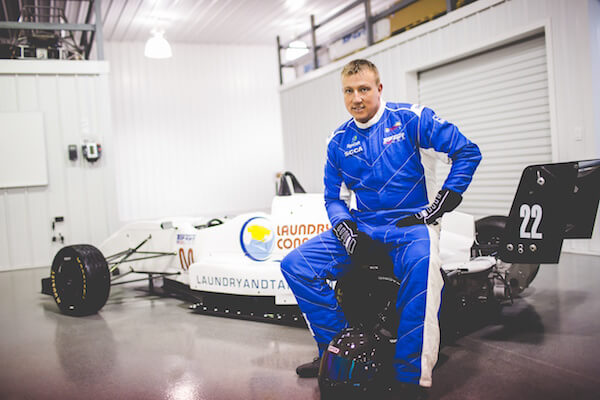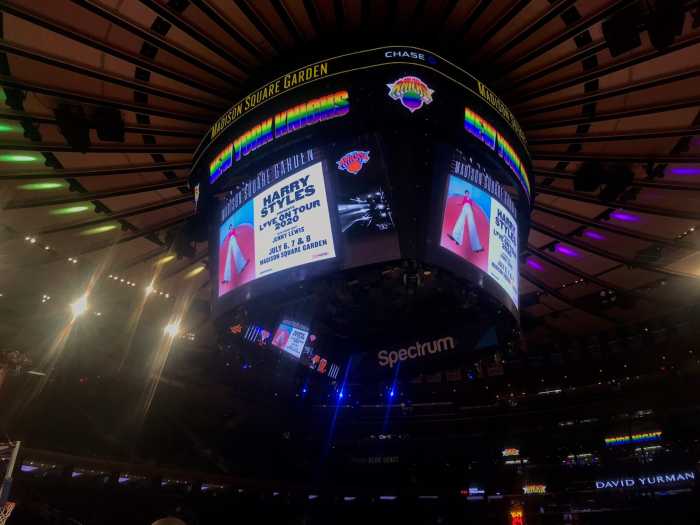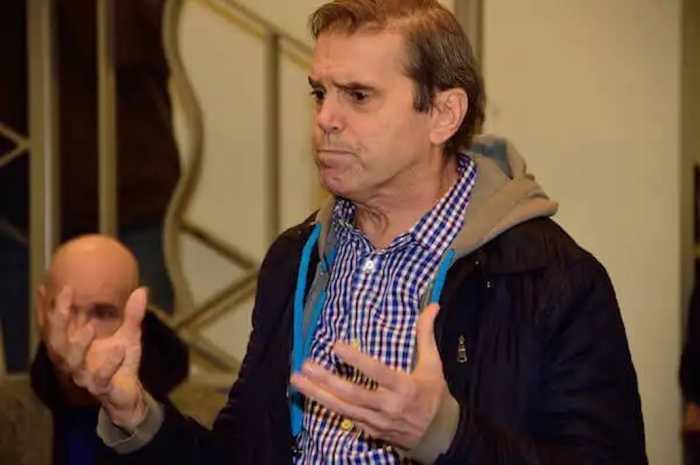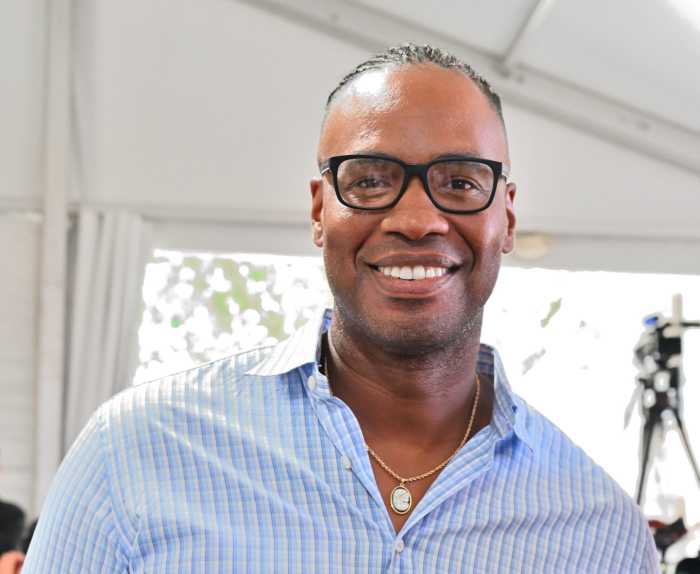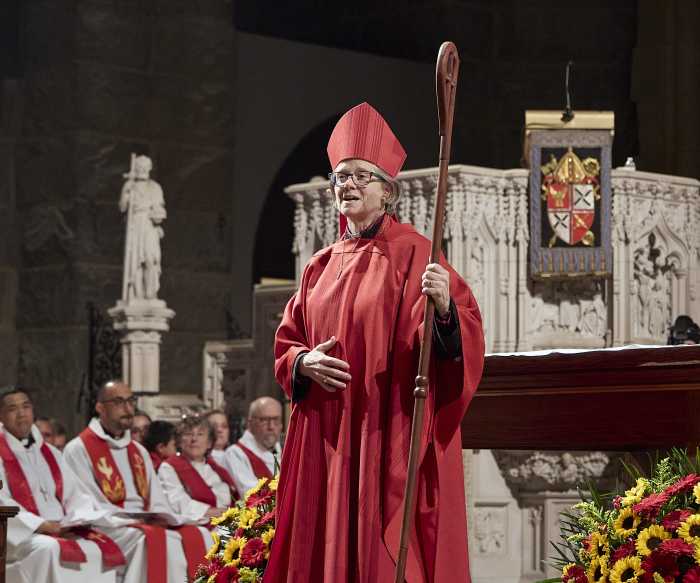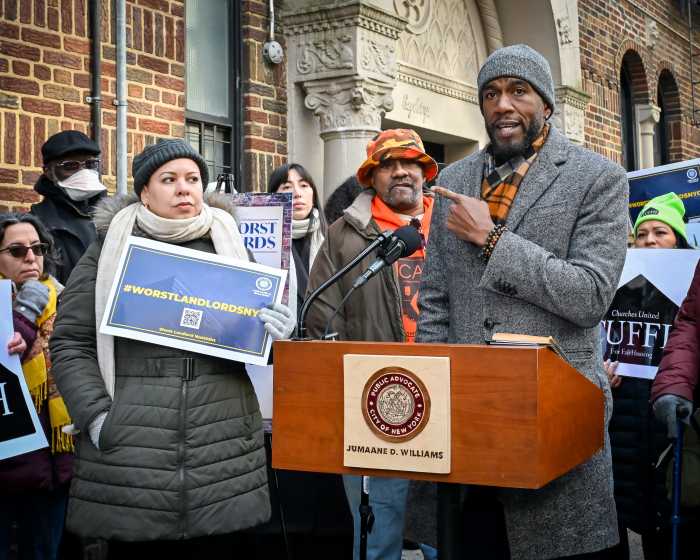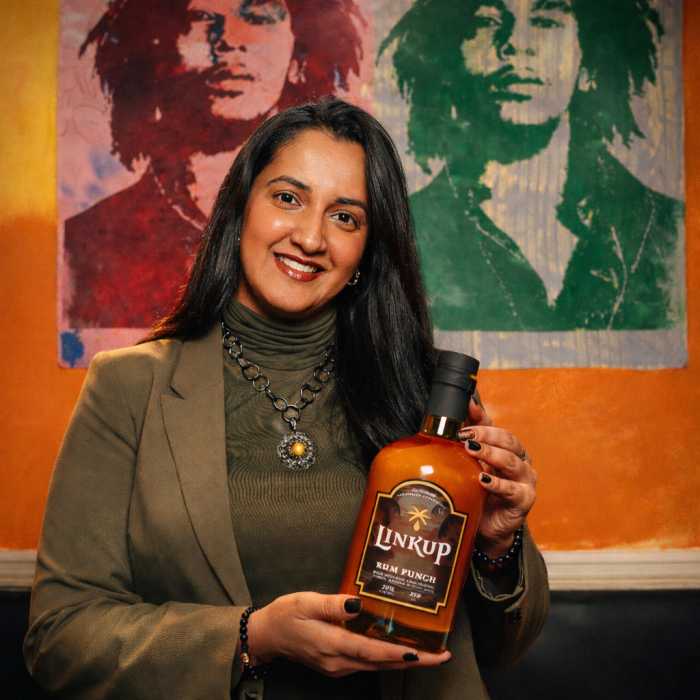Freddy Niblack hopes to return to his hometown next year as one of the racers in the Indianapolis 500. | COURTESY: FREDDY NIBLACK
BY GARY M. KRAMER | With LGBT athletes become more prominent with every passing sports season, gay racecar driver Freddy Niblack is poised to break out. This 44-year-old, who came out in racing last year, is not just proud, but driven — he wants to be the first openly gay man to compete in the Indianapolis 500.
It’s not a pipe dream. He has won more than 200 trophies on the circuit, and has been racing since he was five. Niblack grew up in Speedway, Indiana, just two blocks west of the Indy 500 track. He has the ability, the skill, the talent, and the résumé to run an Indy car. He also is getting the support of the gay community.
It wasn’t just the proximity of the famous race course that appealed to him. Niblack explained that racing is in his bones.
“When I’m not in a racecar, I have a reaction,” he said. “Racers are wired differently. We are very focused. My normal is your extreme.”
Niblack is not shy about acknowledging that racing “is an aggressive sport and only the strong win.”
“I like the dominance and aggressiveness and speed, the challenge of perfecting my craft,” he added.
Raised a stone’s throw from iconic track, newly out Freddy Niblack loves the aggressive pursuit of speed
This year he will have many opportunities to race his two cars, an F2000 that goes about 160-170 mph, and a Pro Mazda that reaches about 185 on the track. His demanding schedule takes him to tracks in Ohio, Michigan, Pennsylvania, Illinois, Georgia, Florida, and California. And each of these races is a double header, which means he races twice a day both days he is there. All of this racing is to prepare Niblack for what he hopes will put him on track to race at Indy next year.
“Those cars go to 200 mph, so it’s getting acclimated to that speed moving forward,” he explained.
What makes a racer successful, according to Niblack, is the momentum.
“When the car gets going and you’re in a rhythm, your momentum makes you faster,” he said.
Niblack is gaining considerable momentum of another sort since coming out professionally — embraced by both the racing and LGBT communities.
“I think that people knew I was gay, but it was like Don’t Ask, Don’t Tell,” he said. “I finally got to a point last year where I needed the gay community’s love and support. I felt alone and lost. I knew something was missing, but I didn’t know what it was. It was the support of the gay community.”
However, the racing community didn’t know how to market a gay driver, and a potential sponsor withdrew his support of Niblack because they didn’t want a “pink racecar,” Niblack said, adding tartly, “I never had a pink racecar in my life.”
Instead, he found valuable support in his sponsor, Laundry and Tan, a Midwestern company that provides both coin-op laundries and tanning services.
“When no one else would sponsor me, Mike Gilley, founder and CEO, said he would,” Niblack said. “It was instant. With Laundry and Tan, I was able to breathe and be myself. It was more than a business deal. They take care of me and are not ashamed of me.”
Niblack said has not encountered any other gay racers on or off the track, and he also understands that racing is not something the gay community gravitates to. That said, the compassionate, heartfelt messages he has received from members of the LGBT community has meant a lot to him.
“Their love and support is the most amazing feeling,” he effused.
Niblack reflected on how bringing his whole self to his career as a racecar driver can pay dividends in terms of his performance.
“This year is the first year I’ve been out,” he said. “I think when you live your life in a way where you have to be stifled and limit what you say and where you appear, it limits me. But you fear losing your ride, your team, and your sponsors. If I had to go without the support of the community, it would take the enjoyment out of what I do. I don’t know that I could continue.”
While Niblack has a sense of responsibility as a gay athlete and role model, it goes beyond just inspiring pride among the LGBT community. He also wants to prove to the straight community that he can break stereotypes and be a winner where people are not accustomed to seeing gay faces.
The racer admitted he would love to have a boyfriend, but acknowledged that a career on the road — not to mention the racetrack — makes that difficult. Even those willing to have a partner who’s often out of town might be given pause by his high-risk game.
“It’s hard for guys to watch me drive 200 mph week after week after week,” he said.
As for accidents, Niblack has had a few scrapes, one in particular at the Silverstone circuit in the UK, where he went upside-down and broke his sternum and shoulders.
Most people, he said, wonder how he gets into a small car and races really fast without being scared.
“It’s normal to me,” he explained. “Being scared in a racecar is not normal. There are times when things have happened and I’ve been scared, but I think if I got to the point where I was afraid, I couldn’t do it.”
The brotherhood of racers provides him with a measure of comfort.
“Most of us racers have a common respect for one another,” Niblack said. “That’s what keeps us safe. You are aggressive while racing, but not to compromise someone else’s well being. I race better when I’m happy. When you are angry, you make mistakes and at 200 mph, there is no room for mistakes.”
It’s clear that Niblack is a happy racer, and more so now that he is out and proud. Still, he went back to one factor that could help make him even happier yet.
“If the right guy came along — and he can cook,” he said.

